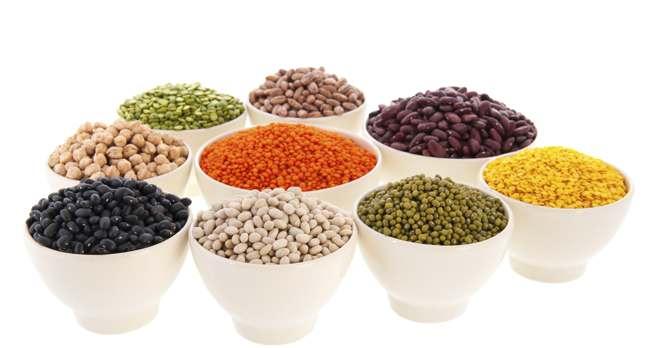But RS isn't just good at cutting calories. There’s potential that this wildcard carb may combat colon cancer, diabetes, and other serious diseases, all while promoting healthy gut function. Here, a roundup of the promising findings:
Diabetes
Normal starches are broken down into sugar when we digest them, which leads to a spike in insulin. But overloading the body with sugar and insulin can cause insulin resistance, a dangerous precursor to diabetes. That's where RS comes in: Since we don't digest it, we don't get the same flood of sugar and insulin after eating. One human trial showed that consuming foods rich in RS reduced the post-meal insulin spike by as much as 55%.
Cholesterol
RS' cholesterol-lowering effects aren't as well-understood, but there is potential: A 2014 study in Molecular Nutrition & Food Research found that consuming RS-enriched flour for 12 weeks lowered total cholesterol by about 7% compared to a control diet. (Check out 11 more surprising ways to lower your cholesterol.)
Gut Health
We can't break down RS, but our gut bacteria definitely can—in fact, they use it as fuel to thrive and reproduce. RS consumption actually increases the number of good bacteria in the colon, and research shows that a healthy, well-populated microbiome is essential for immune function and protecting against dangerous infections. (They may even affect how we think and feel.)
Colon Cancer
When our gut bacteria ferment RS, they create a byproduct called butyrate, a short-chain fatty acid that's absorbed by our intestinal cells and used for energy. But butyrate can also prevent cells with DNA mutations from reproducing to form tumors—thus lowering the risk for colon cancer. There's a slew of studies on the topic, but here's just the latest finding: Researchers at University of Pittsburgh and Imperial College performed a diet swap with African Americans on a diet high in meat and fat and rural South Africans on a diet high in fiber—largely in the form of resistant starch from corn porridge. After just two weeks on the high-RS African diet, the American group had more than doubled their butyrate levels and significantly reduced other biomarkers related to colon cancer risk.
Want to try incorporating RS into your diet? Sadly, there's no official, comprehensive list showing how much RS you can find in different foods. But you can look for these packaged foods with RS, check out this page for a list of natural sources, and even try these easy RS recipes to get started.




